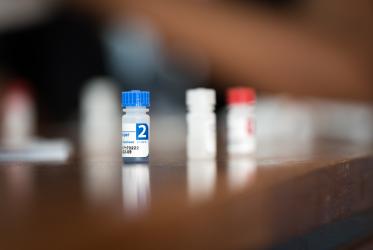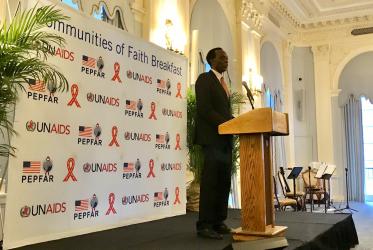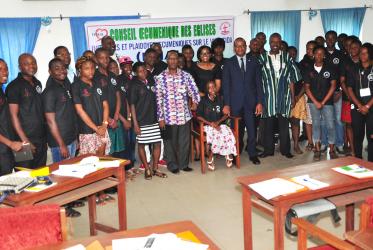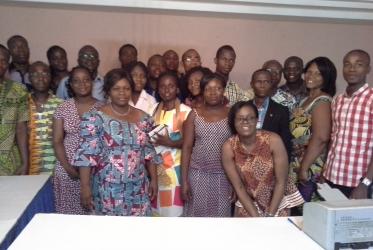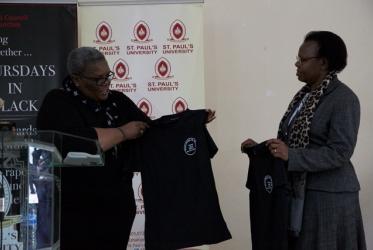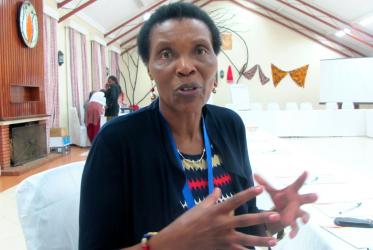Displaying 1 - 20 of 22
Young people in Togo: “Hear our voice! We want to tell our stories!”
07 November 2019
Rev. Damon Mkandawire: “A man is a gender justice champion”
03 October 2019
Knowledge of gender roles deepens in Togo
03 June 2019
Youth engagement fundamental to HIV response
18 April 2017
Zambia: “On HIV, we do not compete. We work together.”
20 October 2016
Kenya: Voice of faith communities crucial in overcoming HIV
14 October 2016
Churches have a special role to play in HIV response
18 November 2014
Dealing as a church with HIV
13 October 2014


